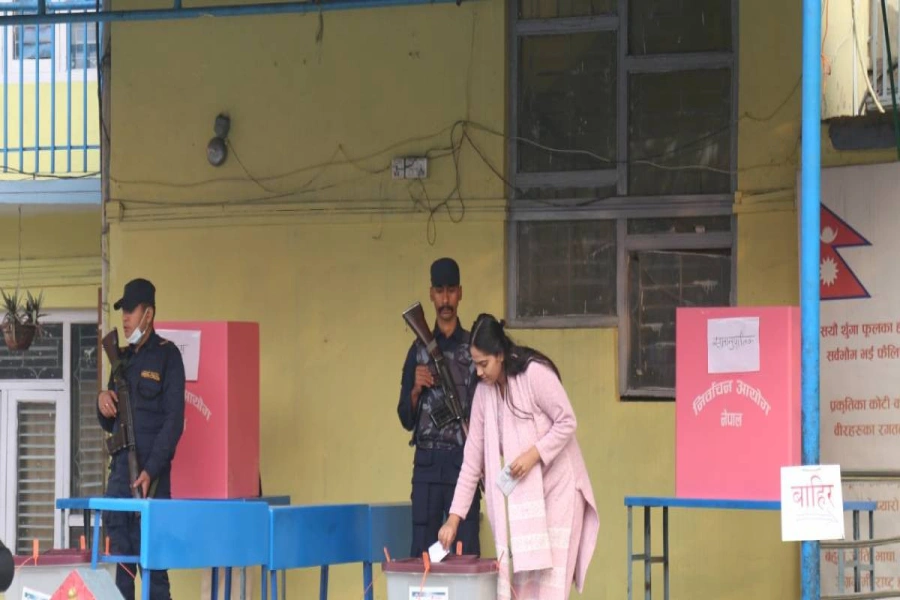No matter the cause of the diplomatic-earthquake that has struck Qatar, the aftershocks can be felt all the way in Nepal. Of particular concern are the approximately twenty-thousand Nepali migrant workers currently in Qatar employed in various sectors, ranging from agriculture to industry.
Nepal and Qatar have enjoyed friendly diplomatic relations for the better part of four decades with Qatar—and other Gulf States—providing employment opportunities for Nepali migrant workers. Because migrant workers tend to flood the Nepali economy with remittance, there has been a reduction in poverty that has helped drive national economic development. The cost, however, of external migration includes things such as a family-breakdown and senior citizens not receiving proper care. Despite of these consequences, workers continue to leave Nepal for many foreign countries especially Qatar.
'Qatar supports Visit Nepal 2020 Year initiative'

With the potential for the current diplomatic crises in Qatar to spiral into a humanitarian one; the rate of working permits issued from the Department of Labor has decreased. Furthermore, if the situation in Qatar is to worsen, Nepali workers will, no doubt, themselves become victims to the crisis. Therefore, the Nepali government should take immediate action to protect these workers. There exist numerous mechanisms the Nepali government can engage to this end. Currently, the Ministry of Foreign Affairs, Department of Labor, Embassy of Nepal in Qatar, Labor Attaché in Qatar, and Residential Diplomatic Mission in Qatar have been protecting workers based upon The Foreign Employment Act of 2007, and accompanying Rules (2008). Additionally, both Nepal and Qatar are signatories of an agreement signed in 2005 concerning Nepali workers in Qatar. However, staffing limitations have stymied implementation of these protective mechanisms.
According to the Labor Migration for Employment Report, 2014/15: “As the volume of labor migrants for foreign employment increased, the government faced new legal and administrative challenges, coupled with the increasing demand for the protection of migrant workers.” So, the question of the functionality of these safeguards and policies remain. In the context of this current diplomatic row, what strategies should the government of Nepal adopt to ensure the safety of Nepali workers in Qatar?
Article 14 of the agreement concerning Nepali workers states: “A Joint Committee shall meet once every two years, or as may be necessary, at a time and place agreed upon.” If necessary, this article can be applied to ensure safety, rights, and welfare of migrant workers currently in Qatar. The government of Nepal must play pro-active diplomatic role regarding this issue to avoid the possibility of catastrophe. The upcoming second round of local-level elections in Nepal should not be an excuse or the cause of indifference towards the migrant workers in Qatar.
The writer is a student of Masters in International Relations & Diplomacy at Tribhuvan University




































